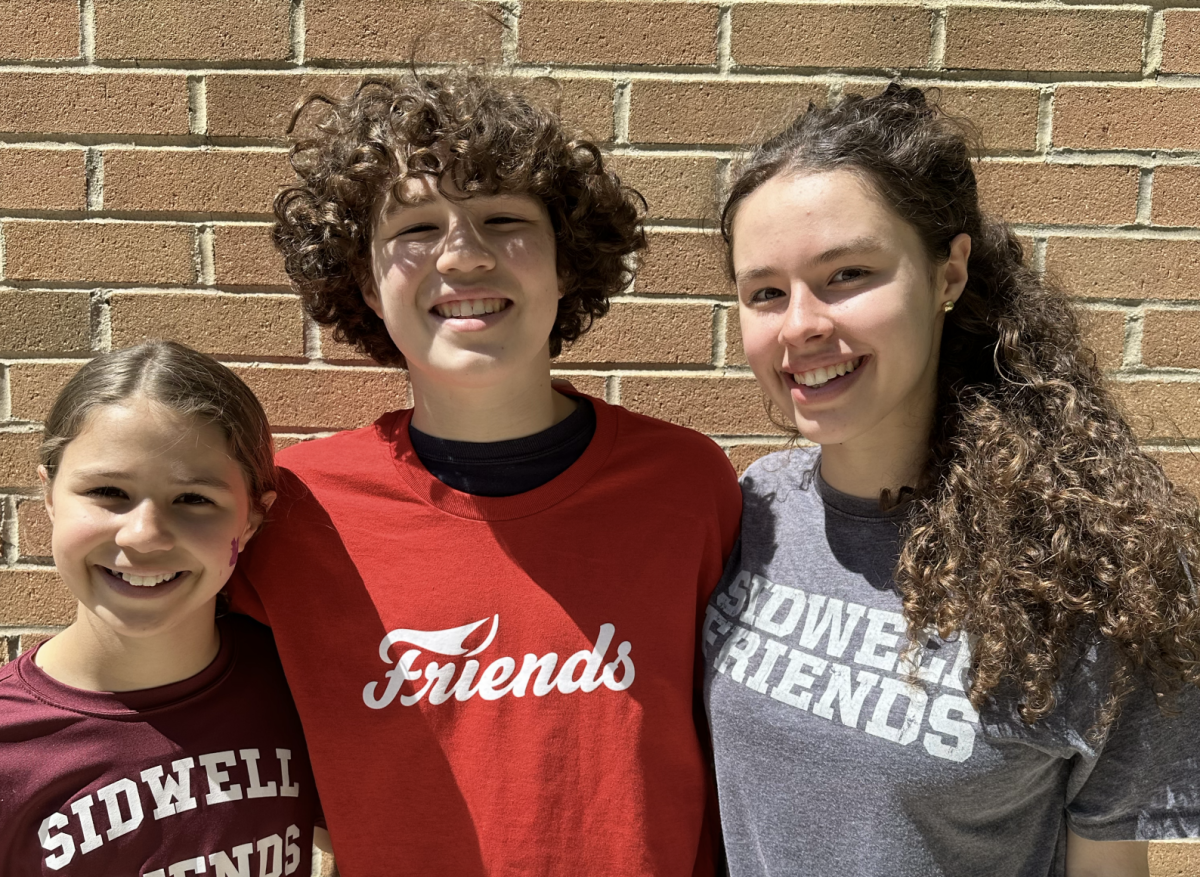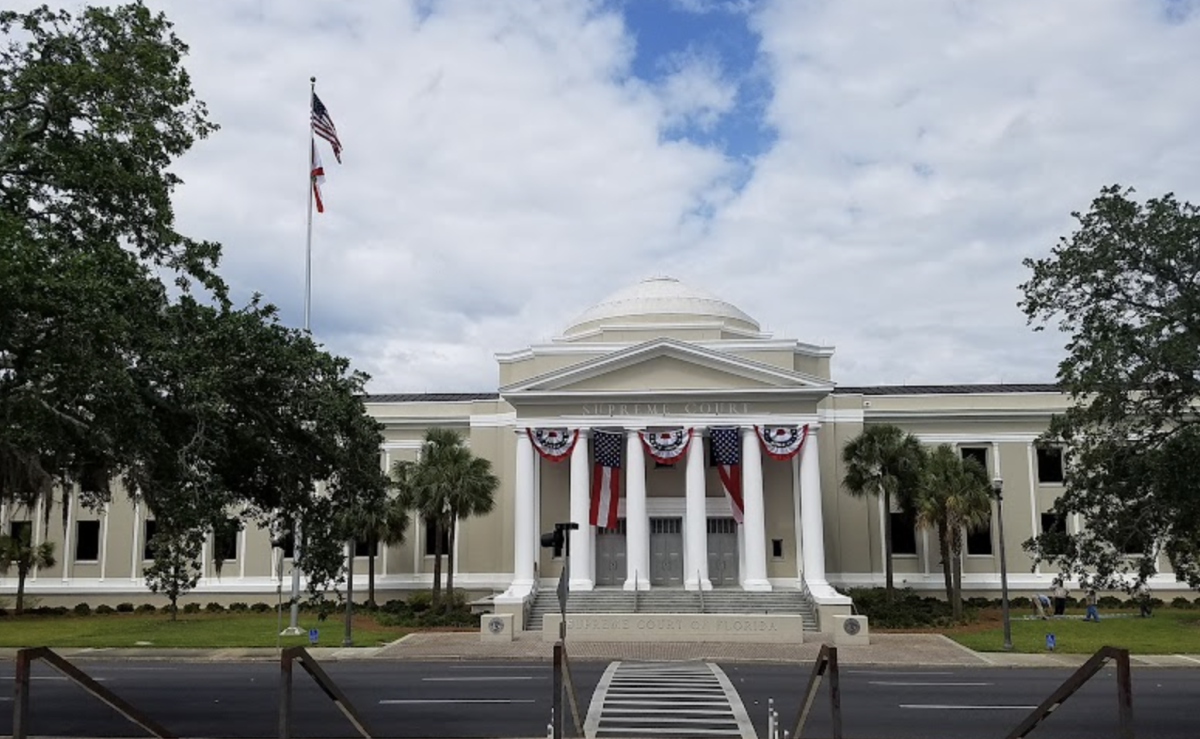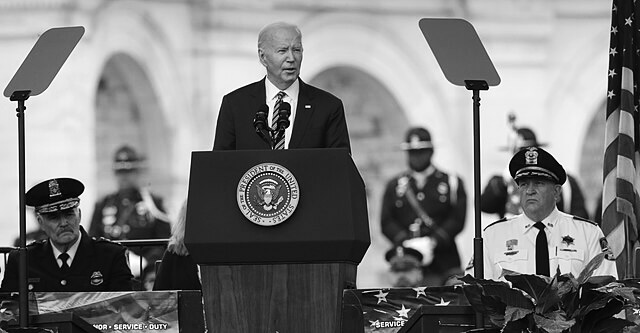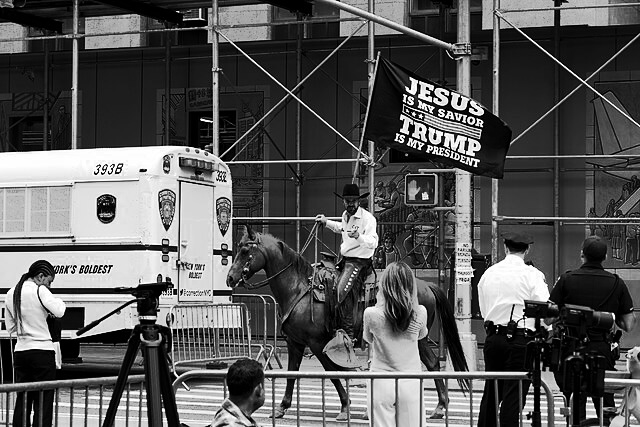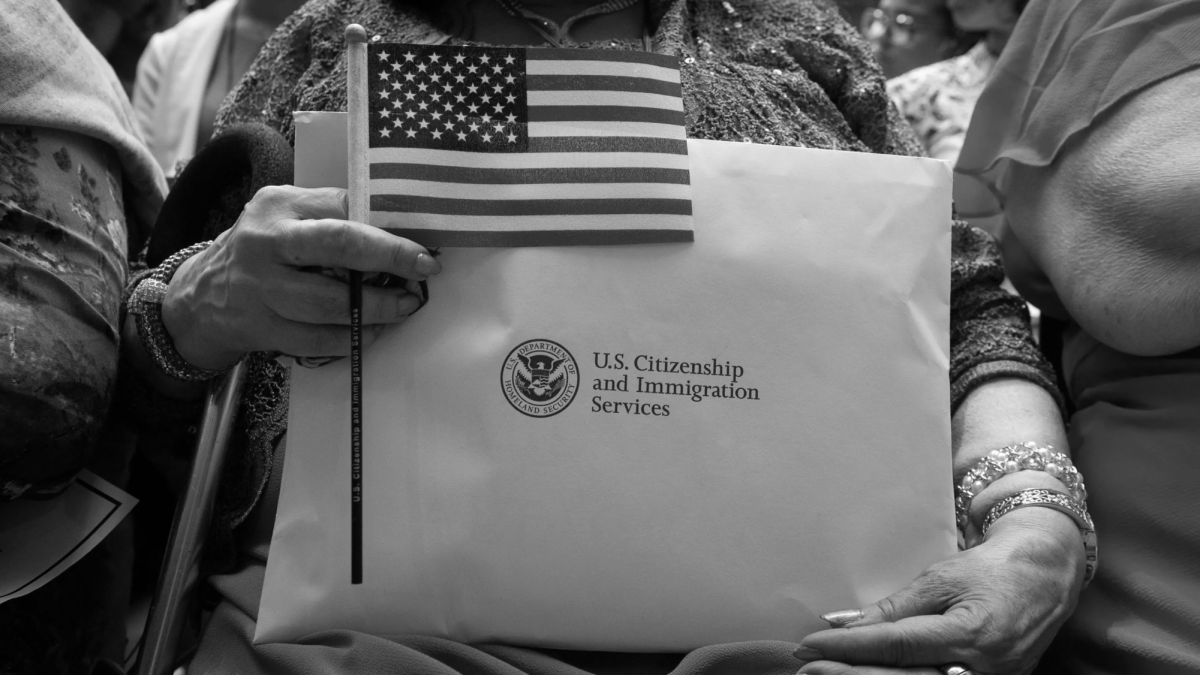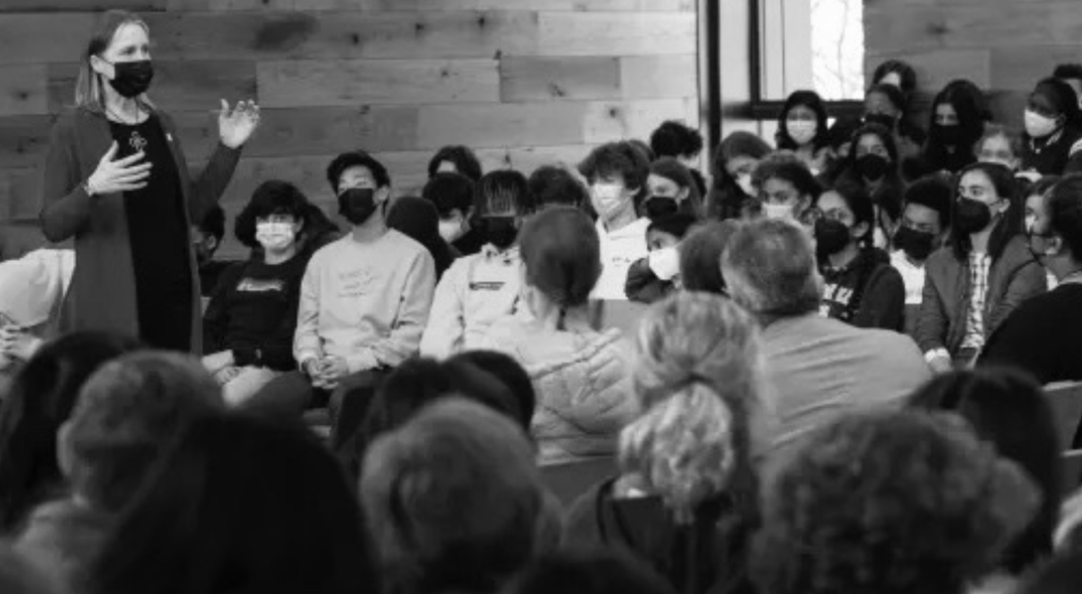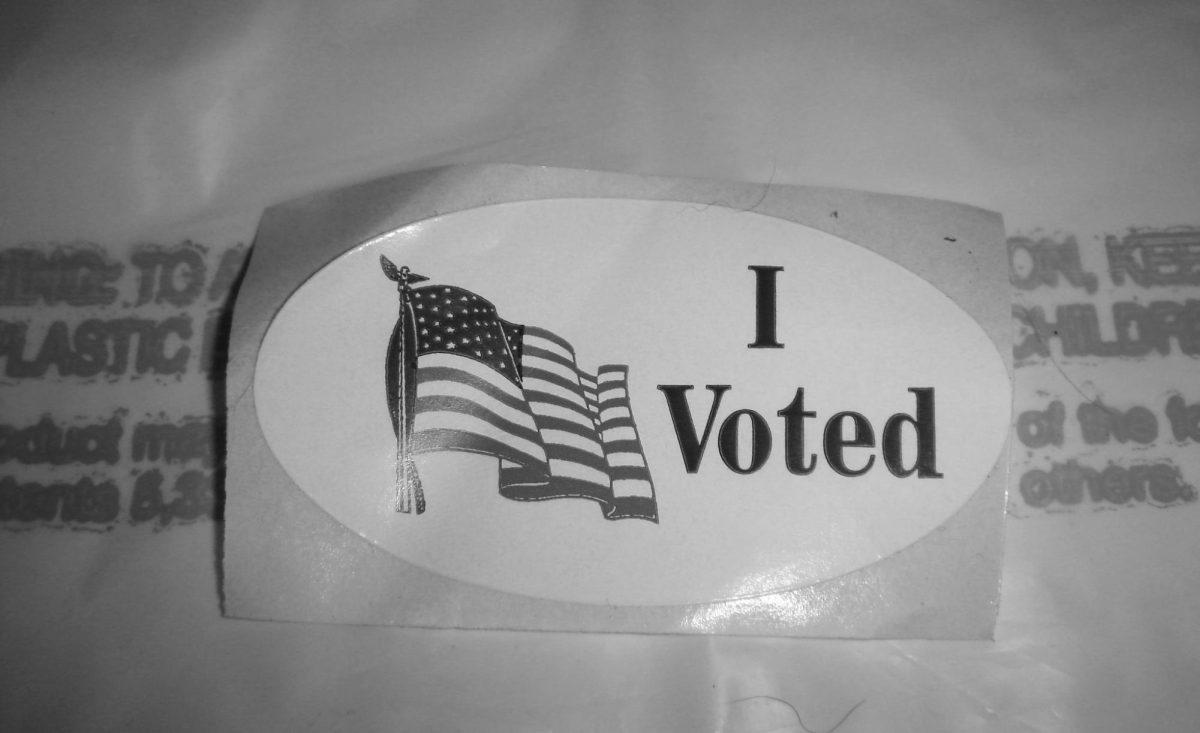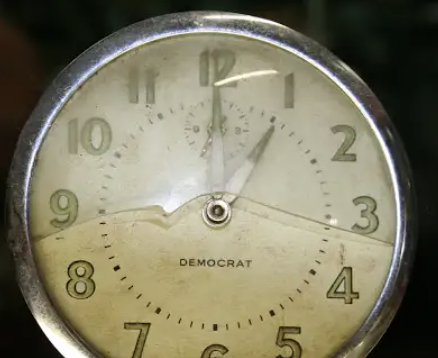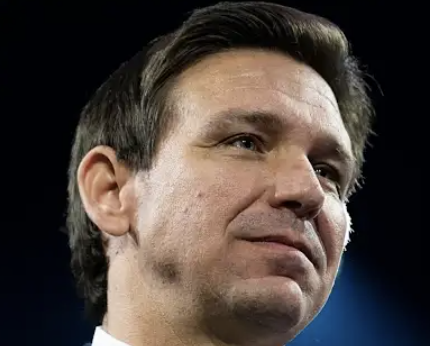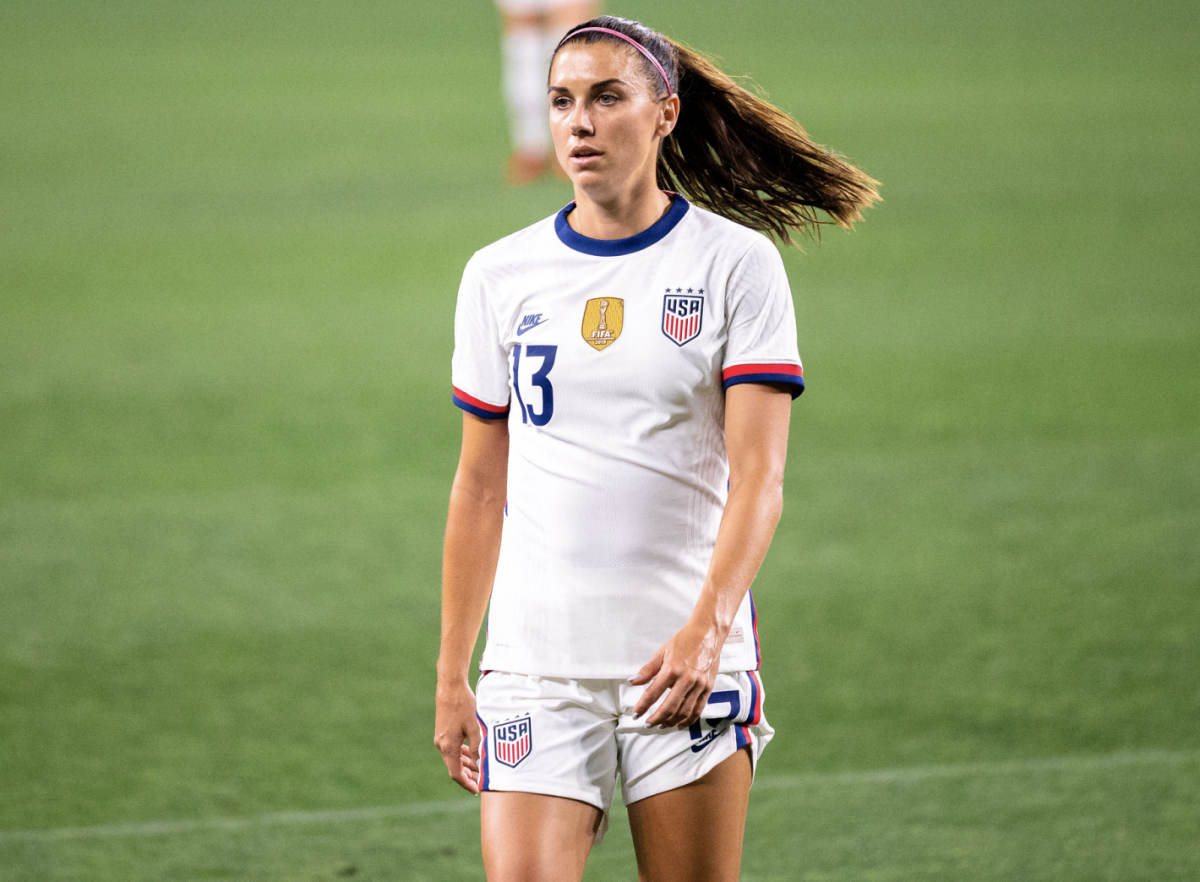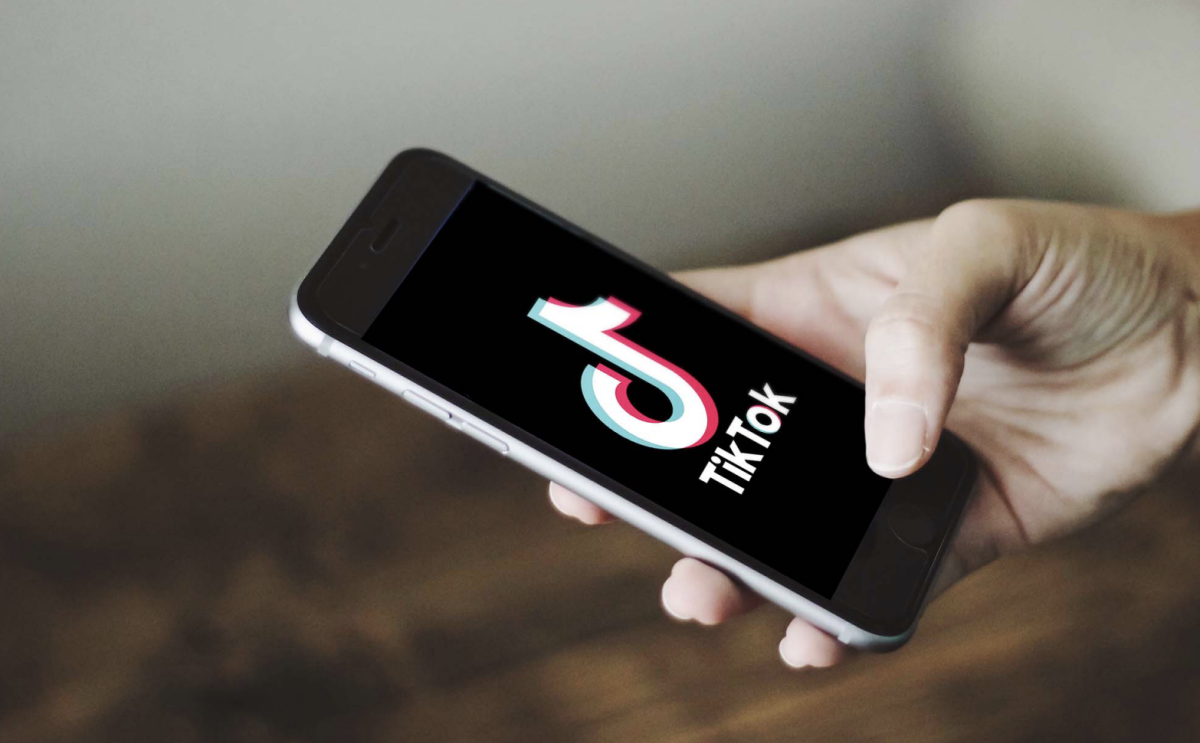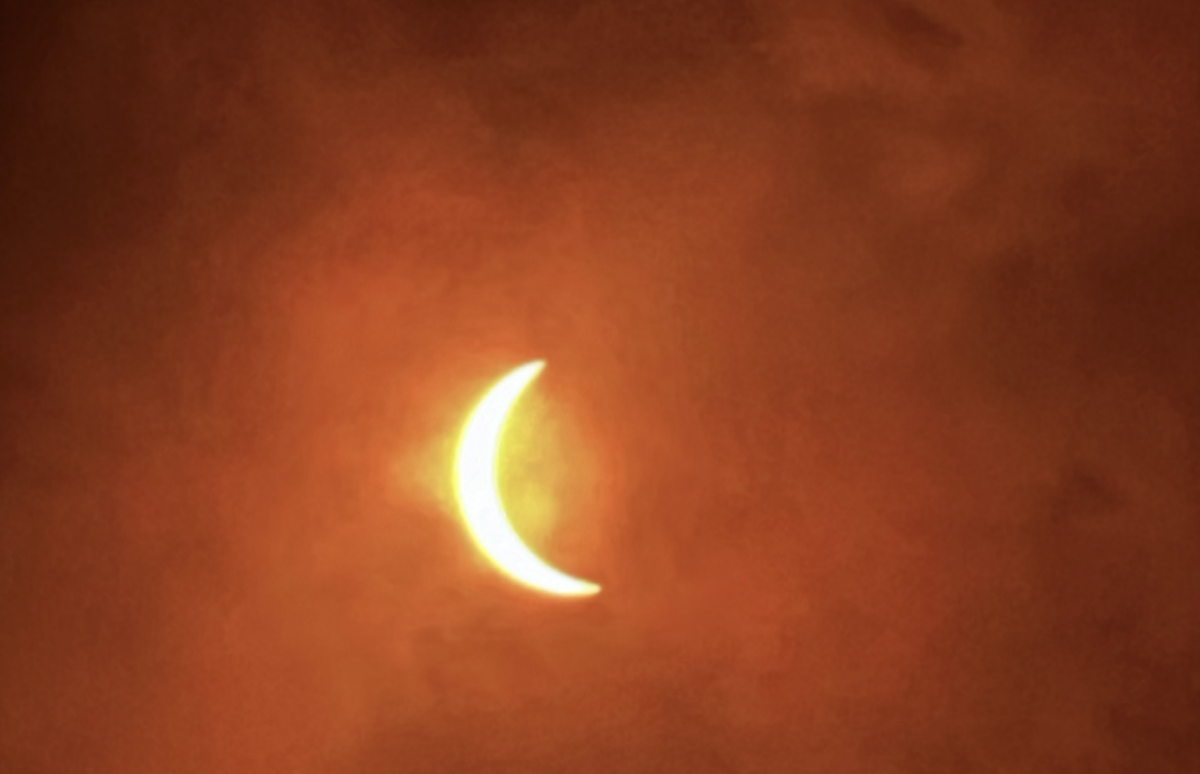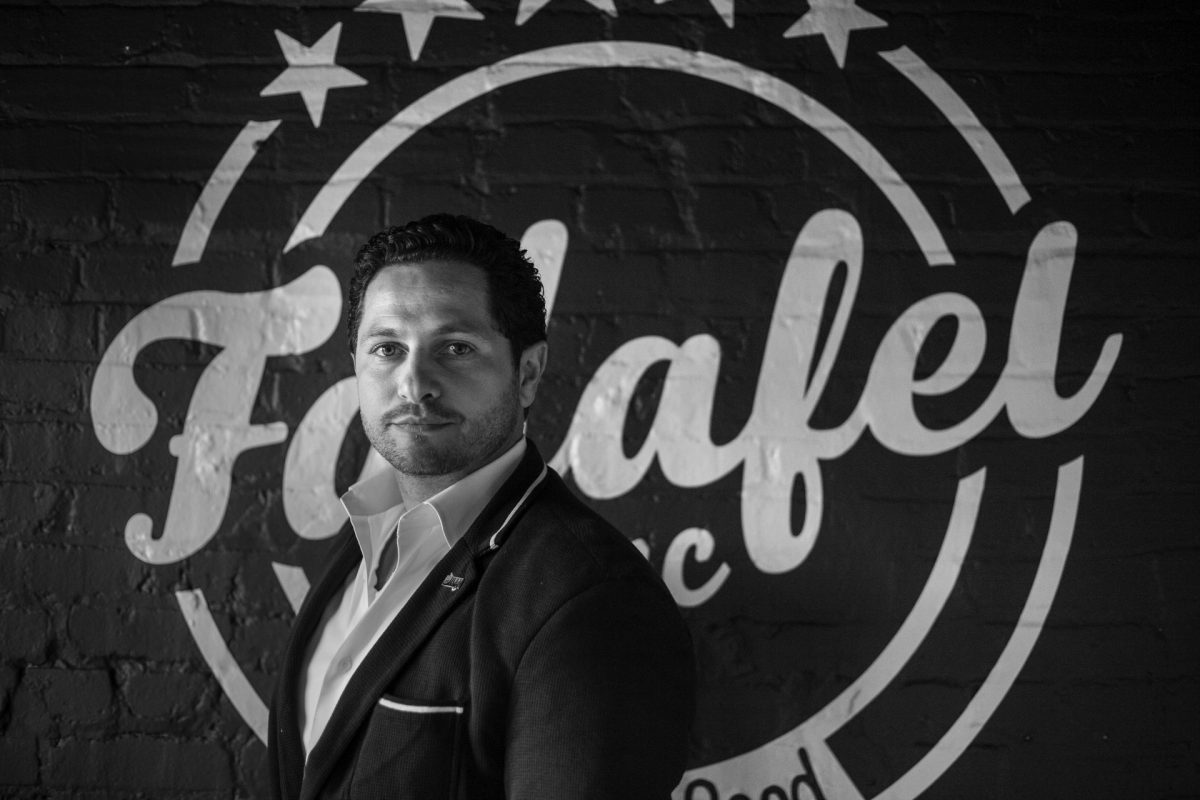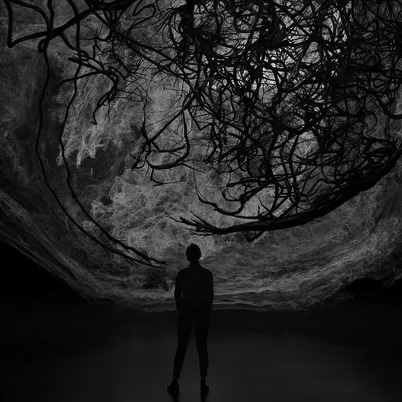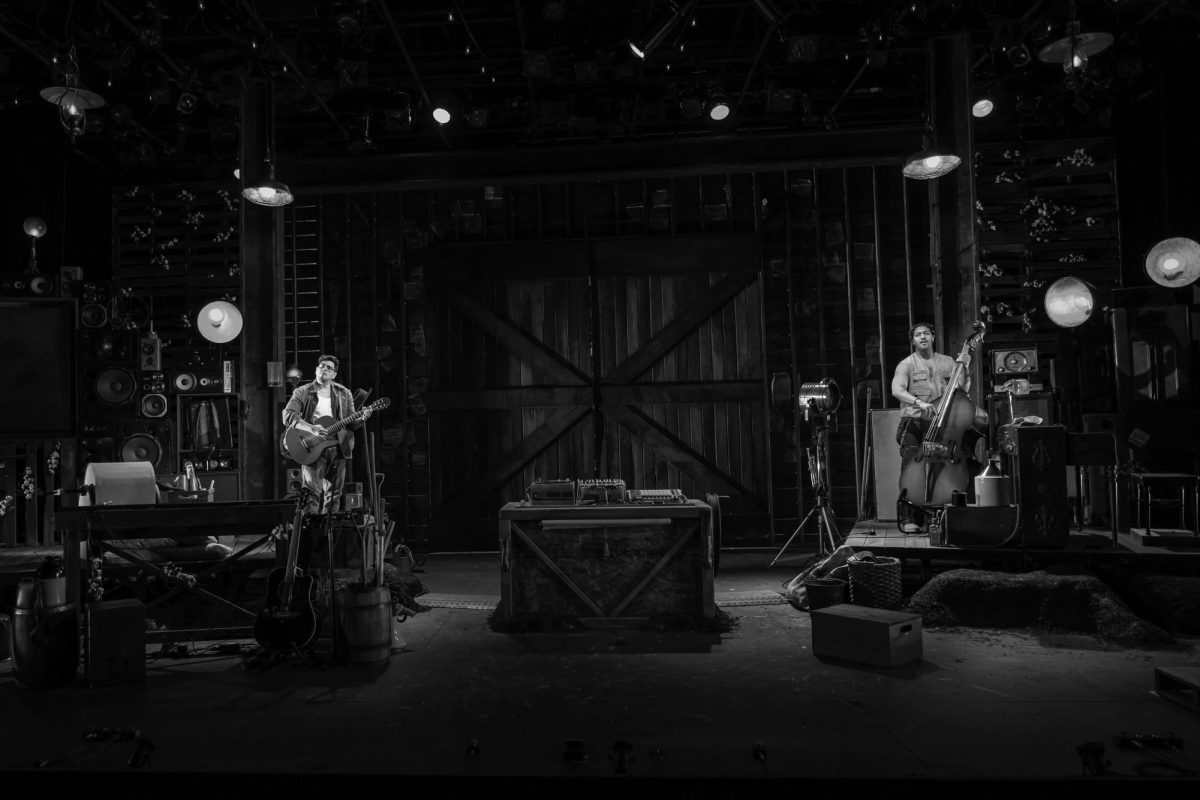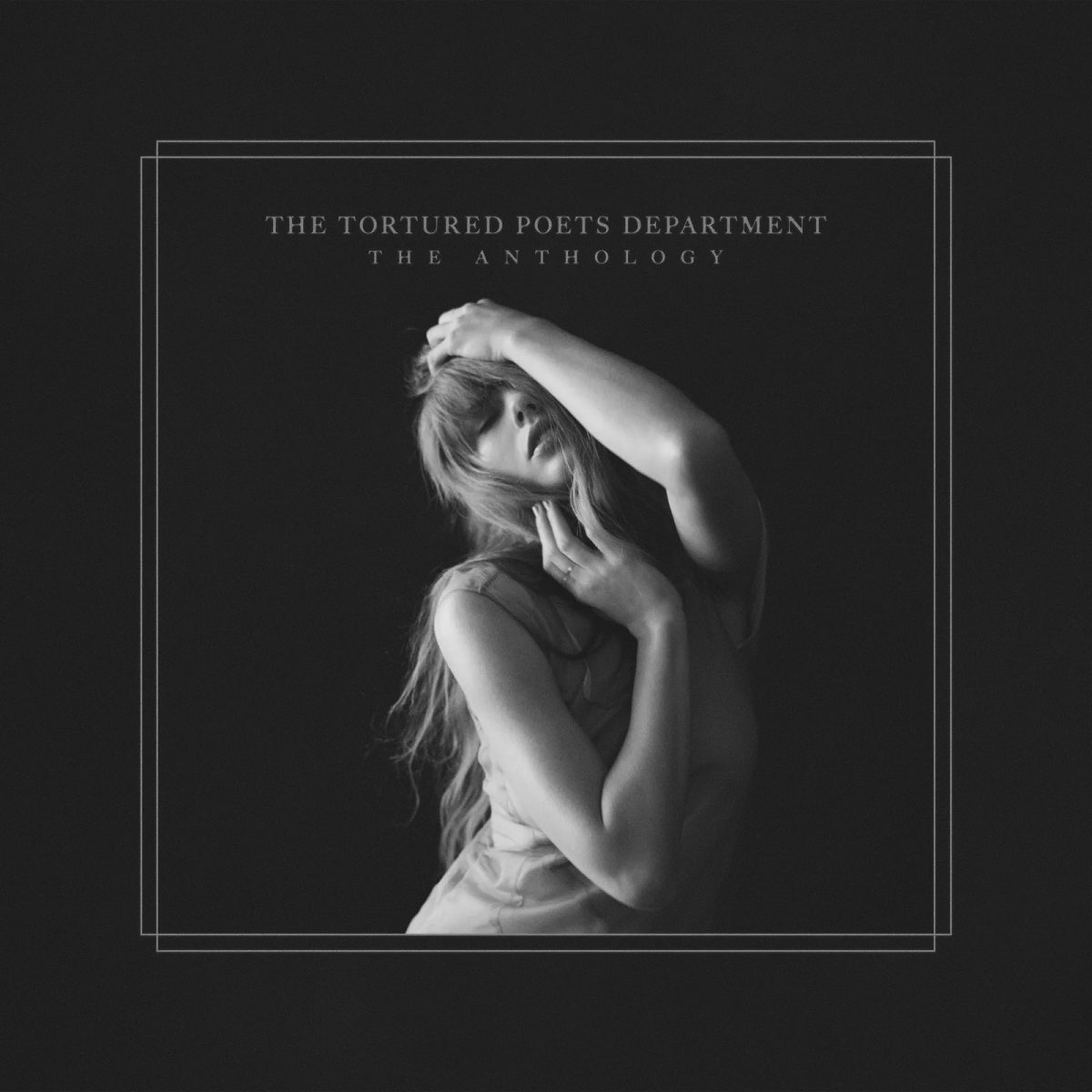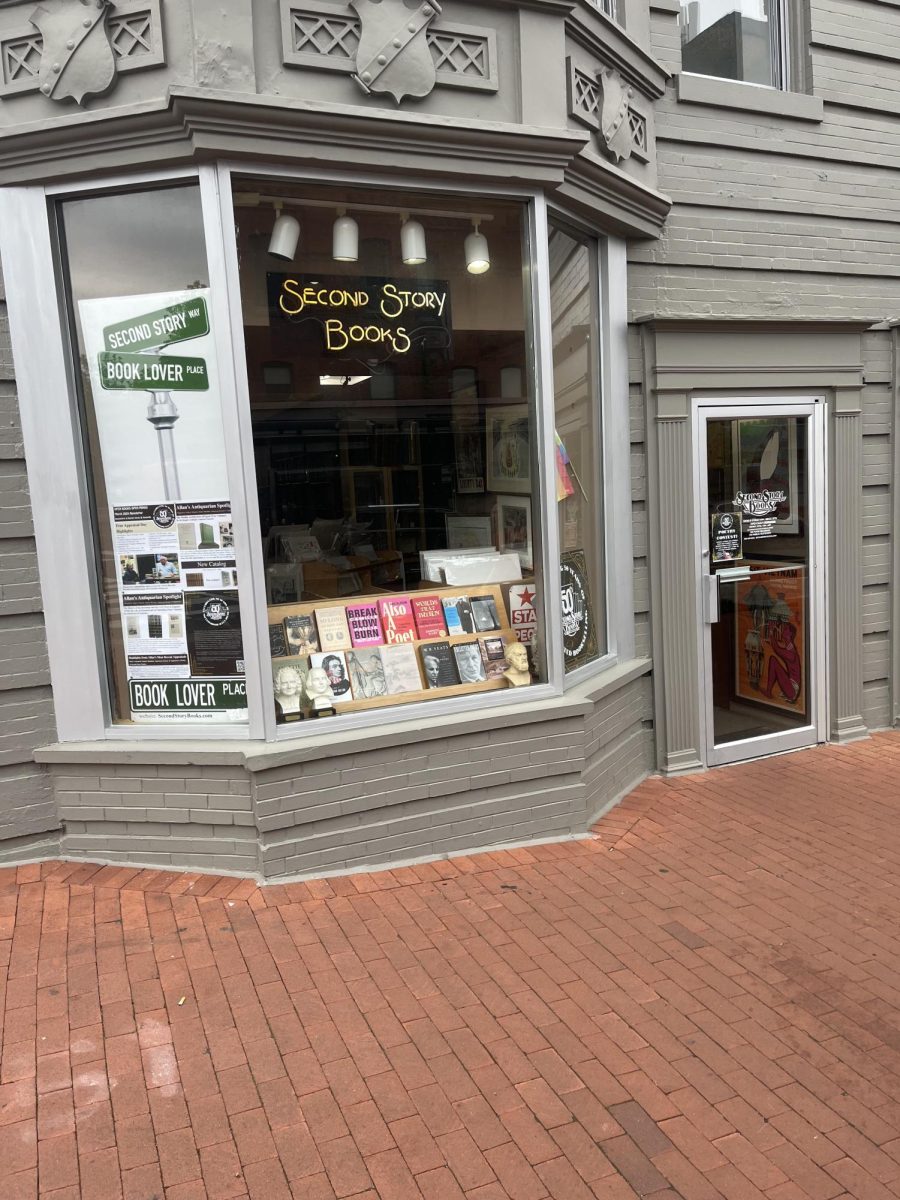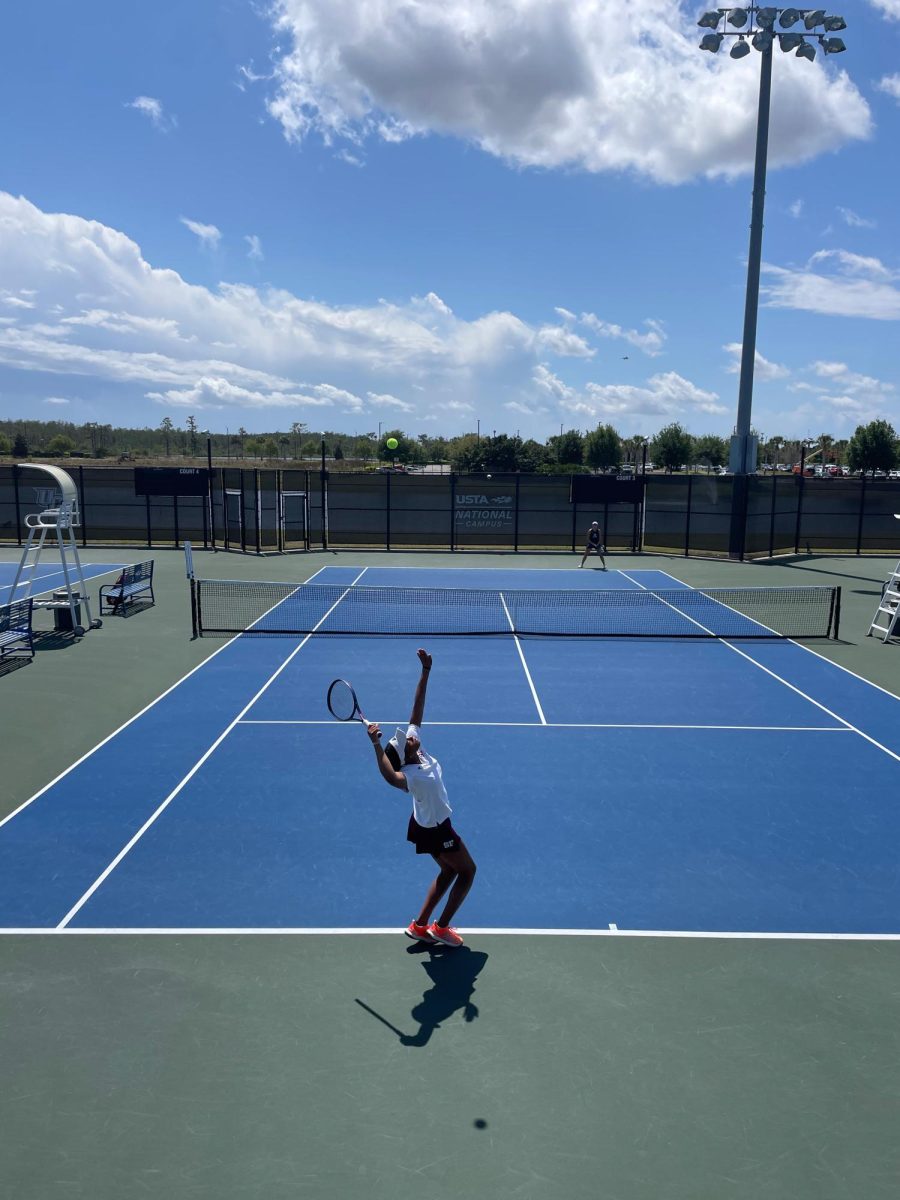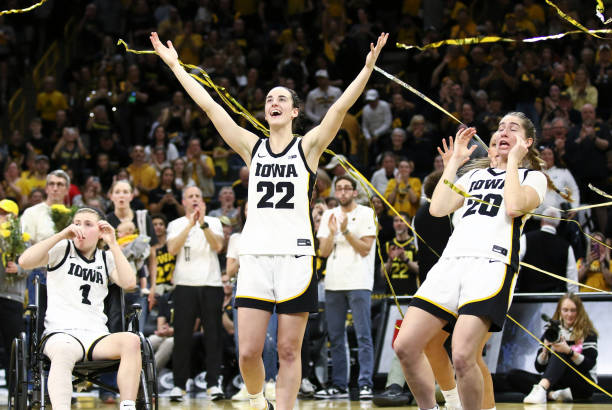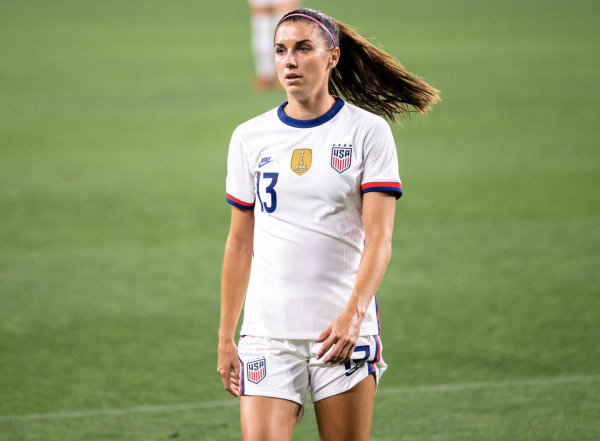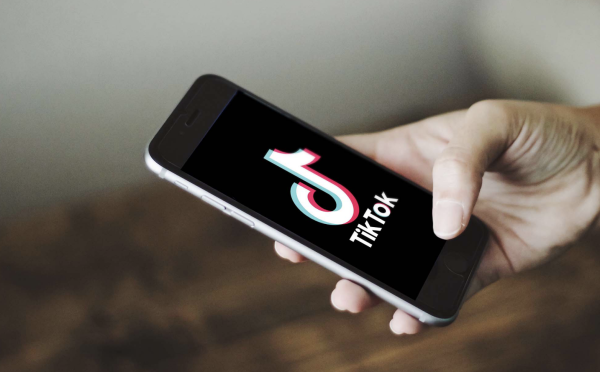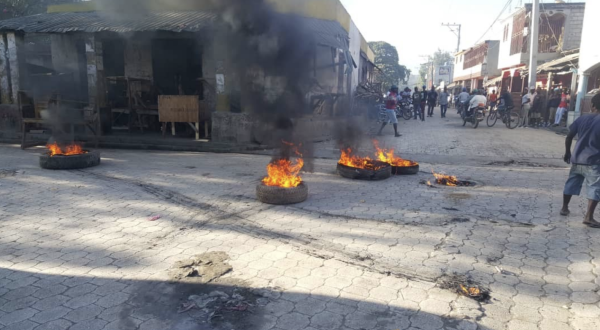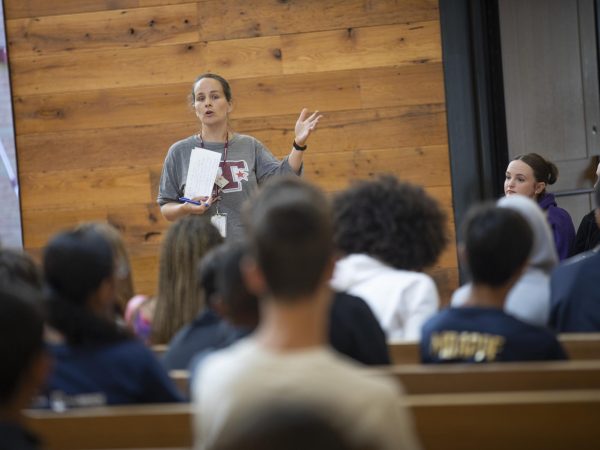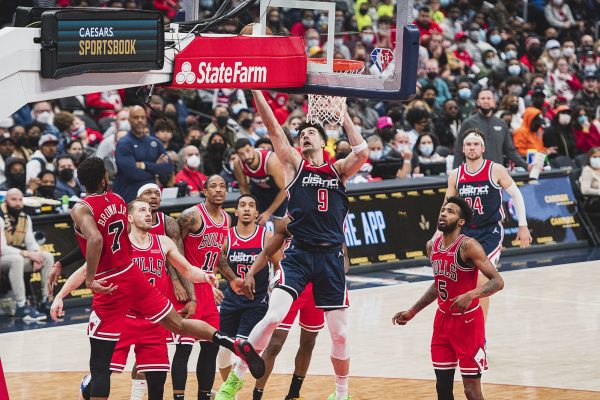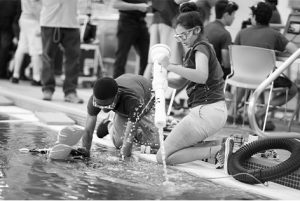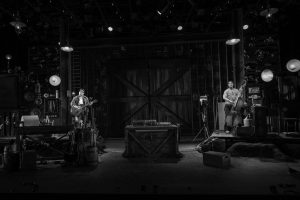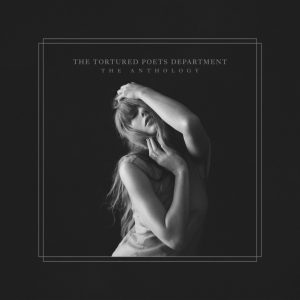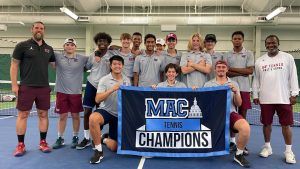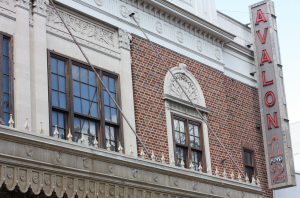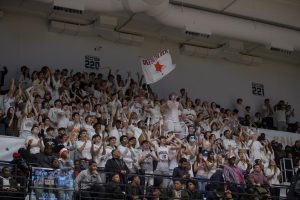Editorial: Sidwell Must Promote Discussion of Distinct Political Viewpoints
Throughout my time at Sidwell, I have studied a wealth of different historical periods with a variety of teachers and courses. Nonetheless, the political stance in these classes has been consistently left-leaning. Outside of class time, the same has been true. Just as Sidwell does an exceptional job of creating diversity of cultures and backgrounds in our community, we must promote a similar level of diversity in the political viewpoints expressed by and shared with the student body.
As someone who finds themself on the unpopular side of most debates, I’ve witnessed firsthand the lack of political diversity within the school. Sidwell is located in Washington, named the second most liberal city in the country by the American Political Science Review. Therefore, Sidwell students are generally predisposed to be more liberal. However, I do not believe conservative viewpoints at Sidwell are as uncommon as they currently appear. Rather, students whose views do not align with the angle of the school are silenced from expressing their views. A poll conducted by the CATO Institute in 2020 concluded that 62% of Americans have unpopular views they do not express, while another poll conducted in 2022 by The New York Times claims that 55% of Americans hold their tongue in fear of retaliation. These statistics hold true in a school setting, meaning that those who wish to speak their truth remain silent due to fear of social consequences. I do not believe that Sidwell lacks a variety of viewpoints, but rather that many viewpoints cannot be expressed out of fear of the lack of popularity or acceptance of that opinion.
Inability for students to share opinions and beliefs among the community deprives the school of a fundamental aspect of learning: critical analysis. When students feel obligated to share a view in line with the commonly held conclusion, critical analysis is avoided altogether. However, the school prides itself on embracing differences in thought. Taken directly from Sidwell’s website, “Differences among us enhance intellectual inquiry, expand understanding, and deepen empathy.” To make these ideals a reality, we must all open ourselves to better understanding differing viewpoints. Sidwell holds the principle of intellectual investigation core to its goals as an institution, but for this investigation to occur, there must be disagreement between each side. Sidwell needs to embrace that conflict and allow students to challenge each other’s beliefs so they can advance their understanding of the issues we face and think critically. To problem-solve effectively, students must be able to share their beliefs with their peers without backlash.
By encouraging discourse of political issues among students, Sidwell can begin to create a culture where students feel able to express their views. Throughout my days at Sidwell, affinity groups and safe spaces have commonly been present across all campuses. Here in the Upper School, these safe spaces emerge in the forms of clubs or other voluntary groups and are effective in bringing students together. However, attendance at clubs such as Student Republicans is often stigmatized. This stigmatization is counterproductive toward the idea of the club, making it unlikely that students will join the club out of fear of judgment for affiliating with the club. The root cause of this stigmatization results from the student body and must end through a culture shift. A school policy change that could change the culture would be providing students with avenues for discourse among themselves, which would allow them to realize that harboring and sharing unpopular opinions is beneficial to the community. This could be done through the encouragement of conversation around political topics which tend to be pushed aside due to their controversial natures, for example in-class discussion or clubs which facilitate debate of political issues. Shying away from these topics tells students they are too sensitive to be discussed and does not allow Upper Schoolers to learn from their peers through debate. In contrast, discussion of these topics will allow students to challenge each other’s opinions and grow into better critical thinkers.
Sidwell does not lack a diversity of political viewpoints. Our community is filled with a vibrant chorus of silent voices which are prevented from speaking their true beliefs. If we hope to better problem-solve, comprehend our world and understand each other, we must break the bubble and allow for a multitude of voices, both liberal and conservative.
Your donation will support the student journalists of Sidwell Friends School. Your contribution will allow us to purchase equipment and cover our annual website hosting costs.





